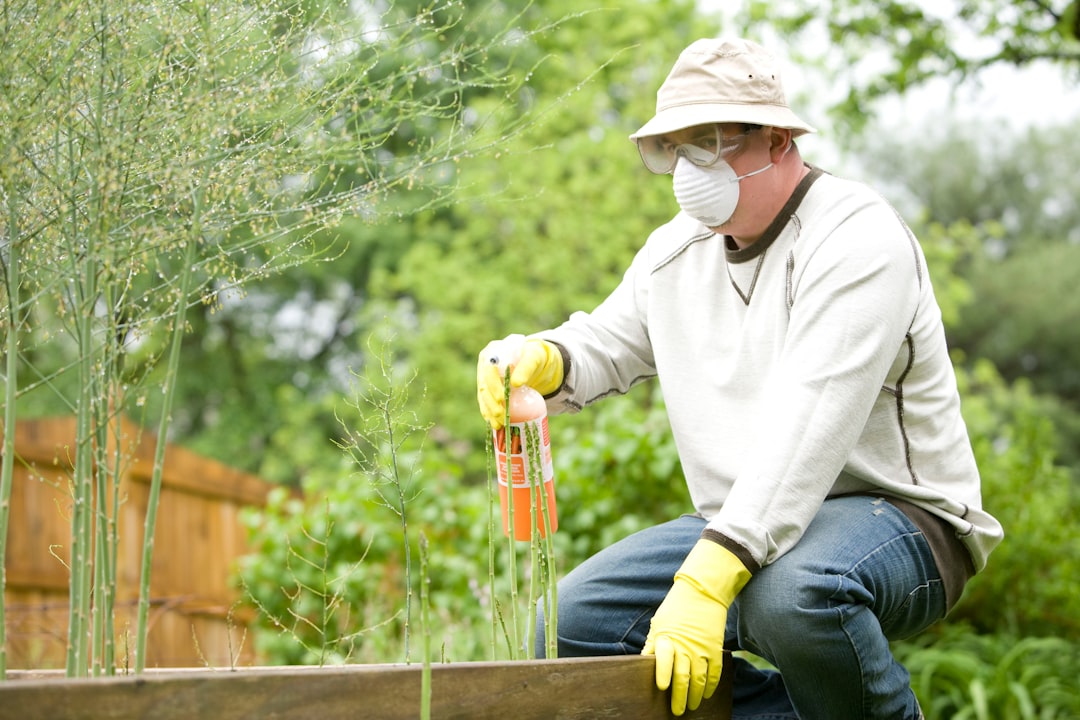What is it about?
Poly(butylene succinate) (PBS) is considered to be one of the most promising biodegradable polymers due to the excellent mechanical properties, thermal stability, and biodegradability.However, it still has some disadvantages,for example, low melt strength/viscosity and low crystallization rate, which restricted its further development and wider field of application.This paper have shown that the performance-tunable poly(butylene succinate) was obtained by adding very low content of macromolecular ionomers additives.
Featured Image
Why is it important?
We designed a novel, facile, and mass-producible strategy for regulating the crystallizing and rheological behaviors of poly(butylene succinate) (PBS) by incorporating the segmented poly(butylene succinate) urethane ionomers (PBSUI), without deteriorate other properties of PBS.
Perspectives
Due to the increasing environmental pollutions caused by the indiscriminate use of non-degradable fossil-based plastics, we need to try our best to modify the properties of aliphatic polyesters derived from renewable resources for a sustainable development world.
Fang Wu
Chongqing University of Technology
Read the Original
This page is a summary of: Regulating the crystallizing and rheological behaviors of poly(butylene succinate) by incorporating novel macromolecular ionomers, Journal of Applied Polymer Science, July 2017, Wiley,
DOI: 10.1002/app.45545.
You can read the full text:
Contributors
The following have contributed to this page










